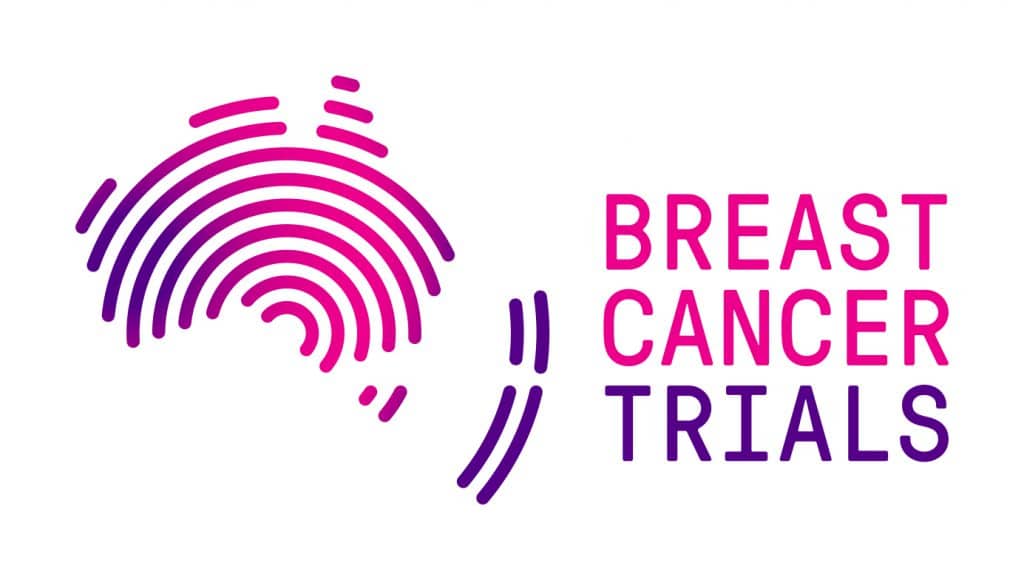What is Inflammatory Breast Cancer?
Inflammatory breast cancer (IBC) accounts for less than 5% of all breast cancer diagnoses. It is a form of invasive breast cancer that affects the lymphatic vessels in the skin of the breast.
Rather than forming as a lump, the breast becomes red and swollen, and this is commonly confused with an infection. This is caused by the cancer spreading along and blocking the lymphatic vessels, which work to remove fluid and other waste from the tissues of the body.
It is important to understand that IBC may not result in a classic rash-like appearance, which makes it important for individuals to be aware of small changes to their breasts that may not align with the typical appearance of a rash-like skin condition.
Understanding Inflammatory Breast Cancer: Symptoms and Signs
IBC is a rare and aggressive form of breast cancer that differs significantly from more common presentations of breast cancer. This type of breast cancer is called ‘inflammatory’ because the breast often looks swollen, red, or inflamed. IBC does not manifest solely as a palpable lump, but rather presents itself through distinct skin changes.
What does Inflammatory Breast Cancer look like?
- Visible skin changes.
- An inverted nipple (a nipple that points inwards).
- Changes in skin colour (shades of red, pink, or purple).
- Swelling, bruising, and thickening of the breast.
- Dimpled or pitted breast texture, resembling that of an orange peel.
- Itching, pain, and other abnormal sensations.
- Breast swelling, in which one breast is suddenly larger than the other.
- Breast feels warm to the touch.
- A rash that covers at least one-third of the breast and progresses rapidly over a few weeks.
IBC can appear different in each individual, and may not always manifest as a typical rash. In some cases, the skin pores of the breast become distinctly visible, appearing exaggerated due to swelling.
Inflammatory Breast Cancer vs. Breast Infection
IBC can be challenging to identify because it doesn’t often cause a lump like more common forms of breast cancer. Instead, the first signs are related to inflammation (redness, swelling, pain) in your affected breast. These symptoms make it easy to confuse IBC for a less serious condition, like an infection.
Many symptoms associated with IBC are similar to a breast infection or inflammation such as mastitis, including redness, swelling and warmth. Because a breast infection occurs more frequently than IBC, your doctor may initially prescribe antibiotics if they suspect you might have an infection.
However, IBC progresses rapidly, often involving most of the breast in a short time, while infections often have a more localised presentation. If your symptoms worsen, and the infection continues to spread despite antibiotics, your doctor may consider more serious causes including IBC, and further testing may be recommended to confirm a diagnosis.
How fast does Inflammatory Breast Cancer spread?
IBC is considered a fast-growing (aggressive) cancer. It only takes a few weeks or months to progress. The way the breast looks usually changes within three to six months, but the rash can spread in just a few weeks. Unfortunately, because of the aggressive nature of this cancer most people are only diagnosed in the later, more serious stages of the disease.
How is Inflammatory Breast Cancer Diagnosed?
Diagnosis of IBC is often delayed because the symptoms can be mistaken for less serious conditions. By the time patients receive testing for breast cancer, they have often already taken multiple courses of antibiotics without improvement. This highlights the importance of prompt evaluation if symptoms persist. Some ways that IBC could be diagnosed include:
- Breast Biopsy: If breast cancer is suspected, a doctor uses a needle to remove some of the breast tissue for examination by a pathologist under a microscope.
- Skin Punch Biopsy: A small circular cutting tool is used to remove a small core of skin, including deeper layers. The sample might include tissue from layers called the epidermis, the dermis, and the top layer of fat under the skin.
- Mammography: A low-dose x-ray that can find changes that are too small to be felt during a physical examination. You should let staff know if you have breast implants before you have the mammogram.
- Breast Ultrasound: If the breast changes need further evaluation you may have an ultrasound. This is a scan using soundwaves to take a picture of the inside of your breast.
- Breast MRI: An MRI (magnetic resonance imaging) is a non-invasive procedure that uses magnetic fields and radio waves to take detailed cross-sectional pictures of the body. Often dye will be injected to give greater clarity to the pictures.
What Causes Inflammatory Breast Cancer?
The exact cause of IBC is not fully understood, however most cases are considered to be invasive ductal carcinoma, which is a broad term used to classify cancer that began growing in a milk duct and has invaded the fibrous or fatty tissue of the breast outside the duct.
IBC develops when cancer cells block lymph vessels. Lymph vessels are hollow tubes in your lymphatic system that allow lymph fluid to drain out of your breast. The blockage causes your breast to become red, swollen and inflamed. In most cases of IBC, cancer cells spread outward (metastasise) from your lymph vessels.
Factors such as age, genetic mutations (for example BRCA1 and BRCA2), and obesity may contribute to one’s risk of IBC.
It is important to recognise and understand changes in your own breasts and discuss any concerns you might have with your doctor. Remember that early detection can save lives. As IBC is a rare disease, there are several other possible explanations or causes for breast rash including:
-
Mastitis
Mastitis (inflammation of the breast tissue) can develop if localised breast inflammation is not treated promptly. If you have mastitis, you will usually feel unwell and may have a sore, firm, or red area on your breast. There may or may not be an infection.
-
Paget’s Disease
Paget’s disease of the nipple, also known as Paget’s disease of the breast, is a rare form of breast cancer that affects the nipple and the area around the nipple (the areola). It is commonly associated with an invasive cancer elsewhere in the breast. The main sign of Paget’s disease of the nipple is a change in the nipple and/or areola.
-
Breast or Nipple Dermatitis
Skin conditions such as eczema or dermatitis may occur on the breast, nipple and the areola. These problems are more common in women who have allergies, are pregnant, or who are breastfeeding. Dermatitis is caused by inflammation of the skin by products such as shampoos, soap, washing detergents or chemicals.
With any of these causes, a rash is seen on the nipple or areola which may be dry or weepy. The rash is usually itchy and may be on one or both breasts. There may be an associated burning pain especially if breastfeeding. In breastfeeding women, the symptoms often occur around the time of infant teething or the introduction of solids.
-
Fungal Infection of the Skin
This often affects the skin under the breast, and responds to antifungal cream or tablets.
-
Breast Abscess
This is a collection of infected fluid in the breast, that can cause redness of the skin.
Inflammatory Breast Cancer Treatments
IBC is an aggressive form of breast cancer which progresses rapidly. At diagnosis, it is considered to be either at stage three or four of the disease, depending on whether cancer cells have spread only to nearby lymph nodes, or to other parts of the body. IBC cannot be classified at stage one or two of the disease, as IBC means the disease has spread to the skin of the breast.
Unfortunately, the prognosis for patients diagnosed with IBC is not as good as it is for other types of breast cancer. However, every diagnosis is different, and each prognosis will depend on many things such as your age, overall health, stage of disease, disease type and how your body will respond to treatment.
Donate to Breast Cancer Trials
Breast cancer research relies on contributions from individuals and organisations who are dedicated to advancing our understanding of the disease and developing more effective treatments.
Your donation will help contribute to the progress of scientific discoveries that can lead to improved therapies, prevention methods and enhanced patient care for this aggressive form of breast cancer.
Support Us
Help us to change lives through breast cancer clinical trials research



